20+ Tips For Saving Money When Traveling Europe
How to save money when traveling Europe?
Europe is a dream destination for many people, but it’s ain’t cheap. I’ve traveled to more than 20 countries, and here are some of my top money-saving tips for traveling in Europe on a budget.
1. Join free walking tours
Most large European cities have free walking tours, so don’t hesitate to join one.
I joined some fantastic tours, such as the Berlin street art tour and Copenhagen free walking tour. I love their passions and love for the cities, and I learned a lot from them.
When participating, you have to arrive on time and follow the guide. While it’s free, it’s a nice gesture to tip the tour guide a few euros. After all, it’s much cheaper than hiring a tour guide or joining a day tour.
You can search on Google for free walking tours by typing “Free Walking Tour + Name of the city.”

2. Avoid traveling in the high season
The high tourist season in Europe is summer (July and August) and winter (December).
During these times, prices are generally higher than in other periods, and there’s a big crowd and long lines at most attractions.
The best time to visit Europe is from April to May or September to November.
3. Get a daily pass
A great way to save money when traveling Europe is to get a Daily Pass.
The daily pass usually includes public transportation and entrance tickets to most attractions in 1, 2, or 3 days depending on your purchase.
For example, in Rome, you can use the Roma pass for unlimited use of the city’s public, free museum entrances, and skip the line to the Colosseum.
4. Drive a car
It’s also cost-effective if you rent a car and explore Europe. It’s more comfortable than public transport, and you can make spontaneous stops when driving.
Also, you can share the cost if you travel with a partner or a group. When I visited Iceland, I shared a car with two others, and I could save a lot.
I usually book my car on DiscoverCars, a trusted website with many car rental options. You can check the prices, choices, and availability here.
5. Use Rideshare services
If you can’t drive a car but want flexibility in your travels, you can use BlaBlaCar and catch a ride with locals between cities.
Using this service can save money while meeting interesting people and learning more about the local culture.
6. Use Eurail Pass
If you want flexibility and travel a lot in Europe, then the Eurail Pass will save you hundreds of dollars on train travel costs.
With the pass, you can travel with ease in 33 countries. It’s incredibly cost-effective if you visit multiple cities located far apart.

7. Book flight tickets on promotions
If you’re planning to visit Europe, don’t forget to check airline promotions. Airlines usually have their promotions during the year to Europe.
You can follow each airline’s fan page to keep track of the promotion. Usually, the promotions are applicable for round-trip tickets, not multiple-city tickets.
You can also create alerts on Skyscanner as well. I usually create alerts for the city I want to fly to, then receive emails when there’s a good deal.
8. Compare train, bus, and plane prices when traveling within Europe
Omio is a great website to compare European train, bus, and flight prices.
You can fly very cheaply between European cities. Sometimes it’s cheaper than taking a bus or train.
For example, you can fly from Barcelona to Porto for about $20 on Ryanair. If you book them in advance, it’s very cheap.
Some budget airlines I usually take care
- Ryanair
- Norwegian
- EasyJet
- Wizz Air
How about trains and buses?
Even though trains may be more expensive than buses, sometimes the difference is not much, and train travel time is much shorter.
For budget buses, I use Flixbus. I took Flixbus several times and was often happy with the service. There were a few times my bus was late, though.

9. Buy a Metro Pass instead of a single ticket
The metro system in each city in Europe is different.
So if you don’t have a Daily city pass, I recommend buying a metro pass valid for 1 day, 2 days, or 3 days depending on your destination.
You’ll save money, and if you get lost or go to the wrong station, you won’t have to pay extra.
For example, buying a one-day metro pass for 3 central zones is only 14.50 euros in Paris. Meanwhile, the minimum metro ticket is 1.90 euros already. So if you travel a lot all day, you should buy a metro pass at train stations.
10. Take the night bus when traveling between cities
You can save a hotel night when taking a long-distant night bus. Also, the cost of taking the bus is usually cheaper than the train too.
11. Take advantage of free places
Not every attraction in Europe asks for an entrance fee, and most parks and monuments in each city are free to visit.
For example, London is packed with free museums, such as the National Gallery and Science Museum.
Also, you can just wander at the foot of the Eiffel tower and admire its design without spending time in a queue.


Read more: Free things to do in Copenhagen, Denmark.
12. Walk to experience
European cities are very pedestrian-friendly, and walking is a perfect way to explore the city at your own pace.
You can find the little local areas which are not in any guidebook, and take your time just exploring the architecture and enjoying people-watching.
13. Visit the museum on free days
Museums are usually expensive, and the fee may add up if you visit several museums on your trip.
Therefore, you should take advantage of free opening days. Depending on the cities and regions, you can visit the museums for free on the first Sunday.
For example, in Florence, on the first Sunday of each month, you can visit national museums, such as the Uffizi Museum and Accademia Gallery in Florence, Italy, without any entrance fee.

14. Book tickets online
Before visiting any attraction, it’s wise to book tickets only. Not only save you from waiting in a long ticket line, but you may also get a discount or monthly deals.
15. Take advantage of discounts for students and ages
If you are under 18 years old, you can visit the museum for free, and the train ticket is also cheaper.
Also, if you are a student (remember to bring your student card), you get a discount.
16. Get snacks supermarket
I usually get a quick bite at a convenience store or local supermarket. They usually have ready-to-go sandwiches or bread, which is just around 2 to 3 euros.
Also, if you visit after 5 pm, supermarkets usually offer significant discounts of up to 50%.
I had lots of good deals when I visited Netto in Copenhagen. They had delicious chicken salads at affordable prices.
17. Stay away from restaurants on main roads
Avoid the main roads and tourist areas if you plan to eat out. Champs-Élysses in Paris or Via de Mercanti in Milan are examples of expensive streets.
You can usually find much cheaper deals just a bit off the main roads. Ask the locals where they eat, and you’ll save a bunch while enjoying delicious dishes.
18. Eat luxury in cheap countries, eat sparingly inexpensive countries
That is what I’ve learned from backpacking around Europe.
In big cities like Stockholms or Reykjavik, eating frugally equals the price of luxury food in cheaper cities like Krakow or Bratislava in Slovakia.
In Europe, there is a saying, “The Easter you go, the cheaper it gets.” For example, I had a huge meal in Bratislava for just 5 euros.
19. Check your card fee
You may have to pay a high conversion fee if you use your card for payment. So check with your bank before your trip.
Otherwise, withdraw some money from the ATM for your usage. Using cash also helps you know if you are spending too much money.
20. Prepare medicines
While you can get some medicines at the counters, they may ask for a doctor’s subscription, and the cost may be high.
So to save money and time, pack essential medicines during your Europe trip.
21. Stay at Hostel/Dorm
If you go alone, try staying at a hostel and dorm, you’ll save up a lot on the accommodation cost.
Hostels in Europe generally cost 10 to 20 euros, except 35 euros in Switzerland or more expensive in Iceland.
Hotel rooms are usually expensive, and if you plan to go sightseeing most of the day, it’s not worth it if you travel Europe on a budget.
22. Share a meal with friends
If you travel alone, try to meet some people at your hostels or join Meet-up events in town.
You can order more dishes and share them, so you can try more local dishes without spending a ton.
Final thoughts
Above are some good tips to help save money for your trip to Europe. Hopefully, you’ll have useful travel experiences and a reasonable budget plan for your upcoming trip.
By planning your trip and travel expenses carefully, you can easily manage your budget and spend more rationally.

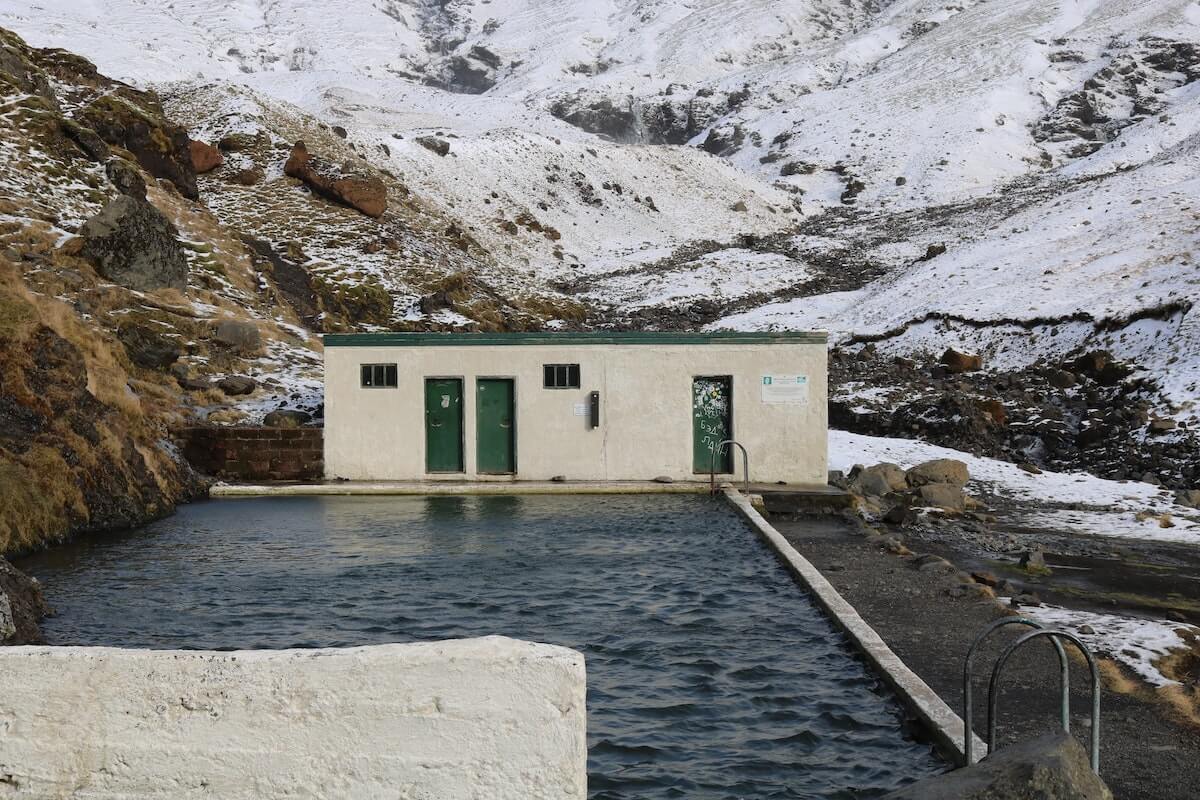
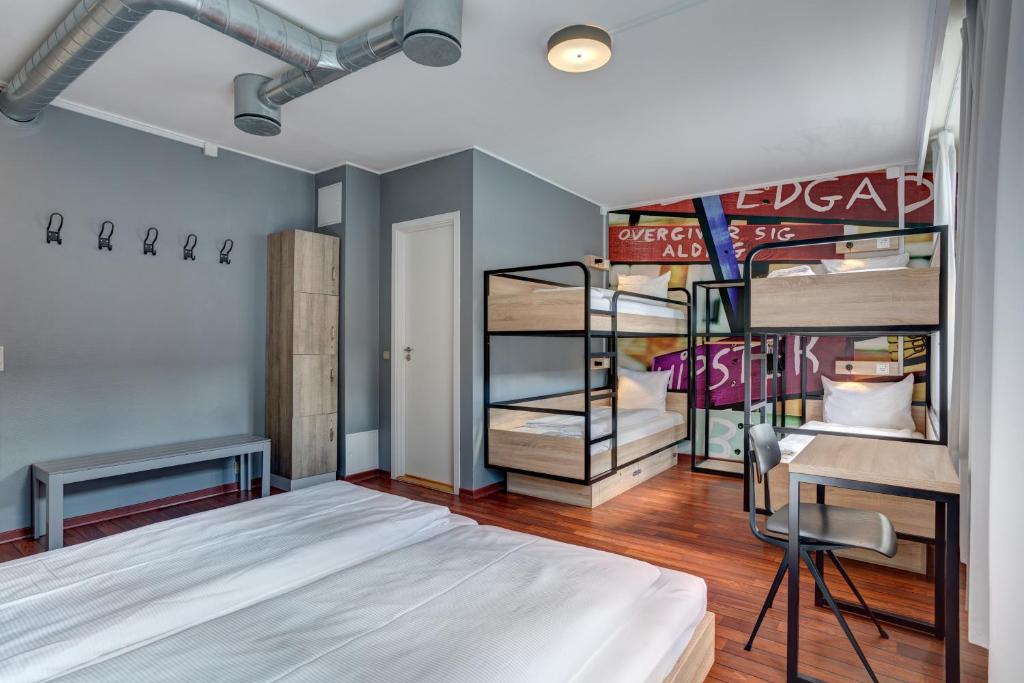
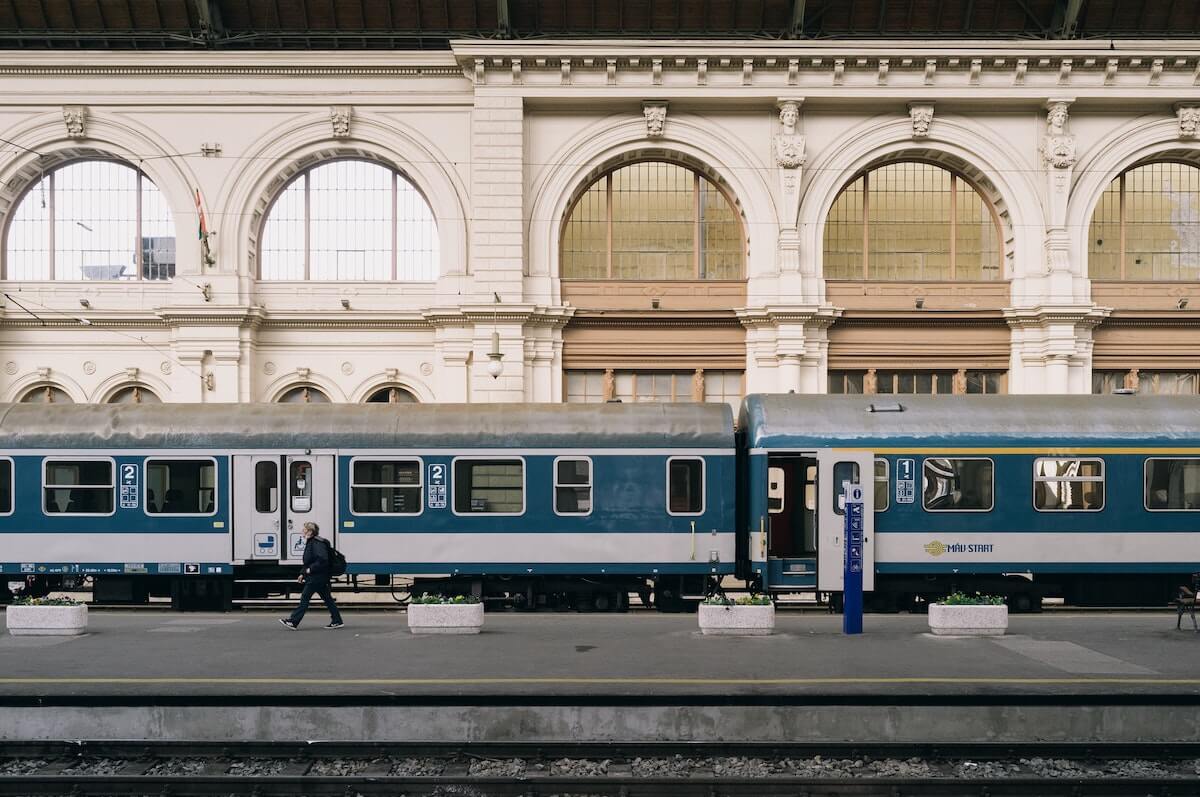
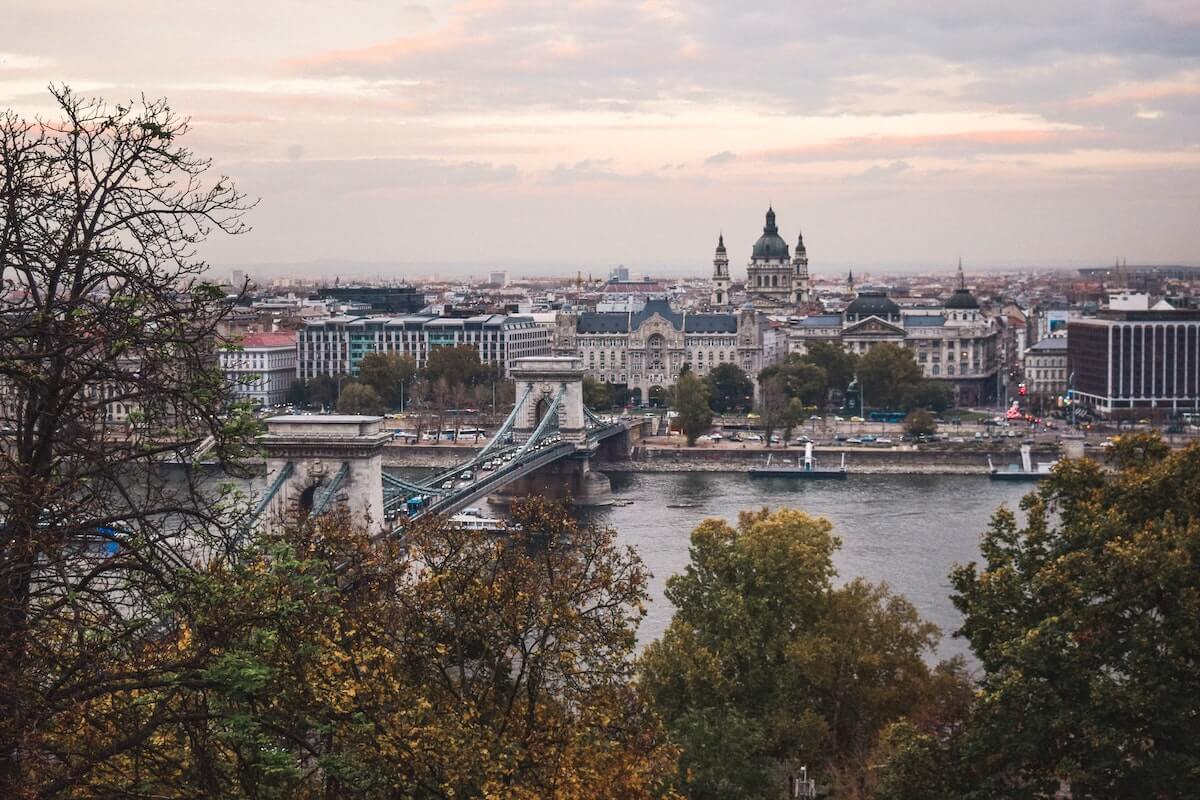
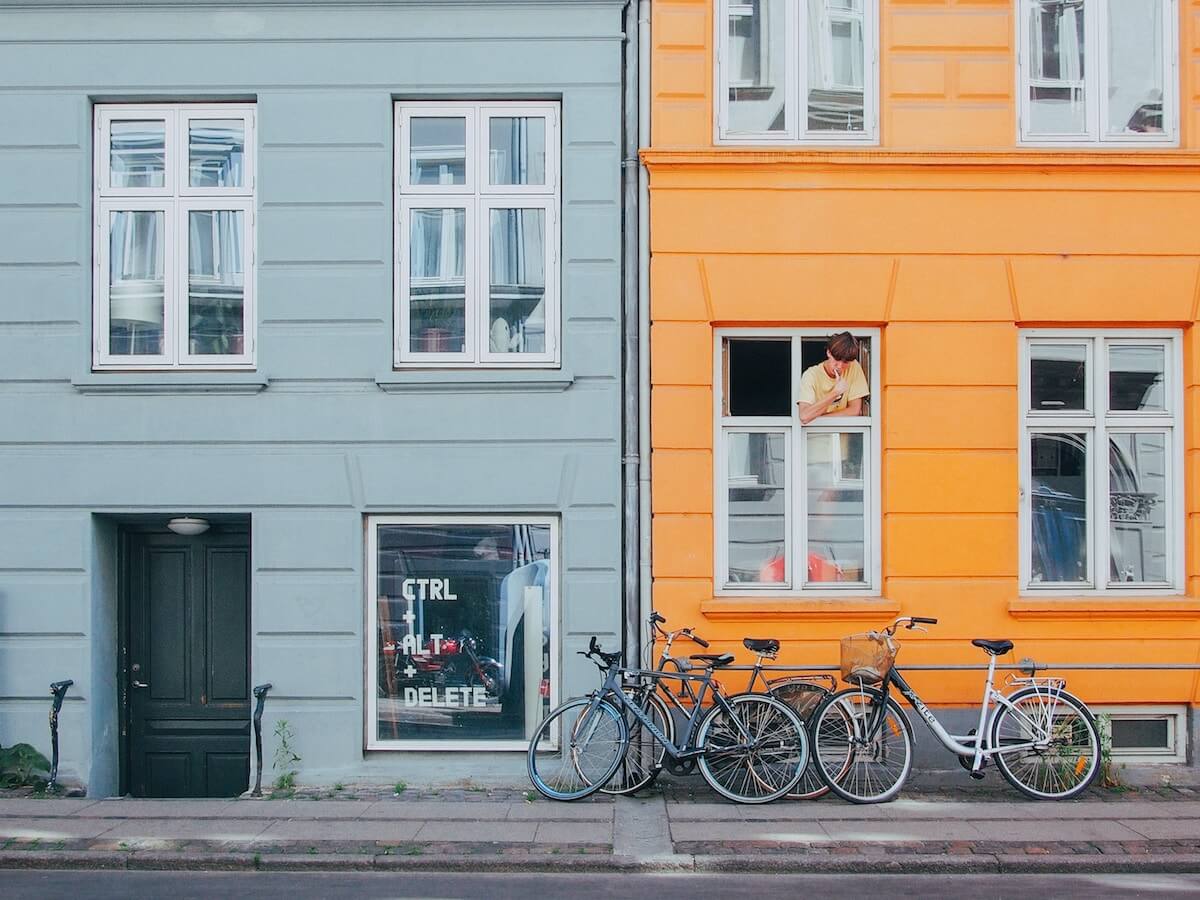
Those are some real pro tips mentioned in this post! Thank you for sharing all these details. This post will definitely help all the travelers out there to save their hard-earned money while traveling Europe.